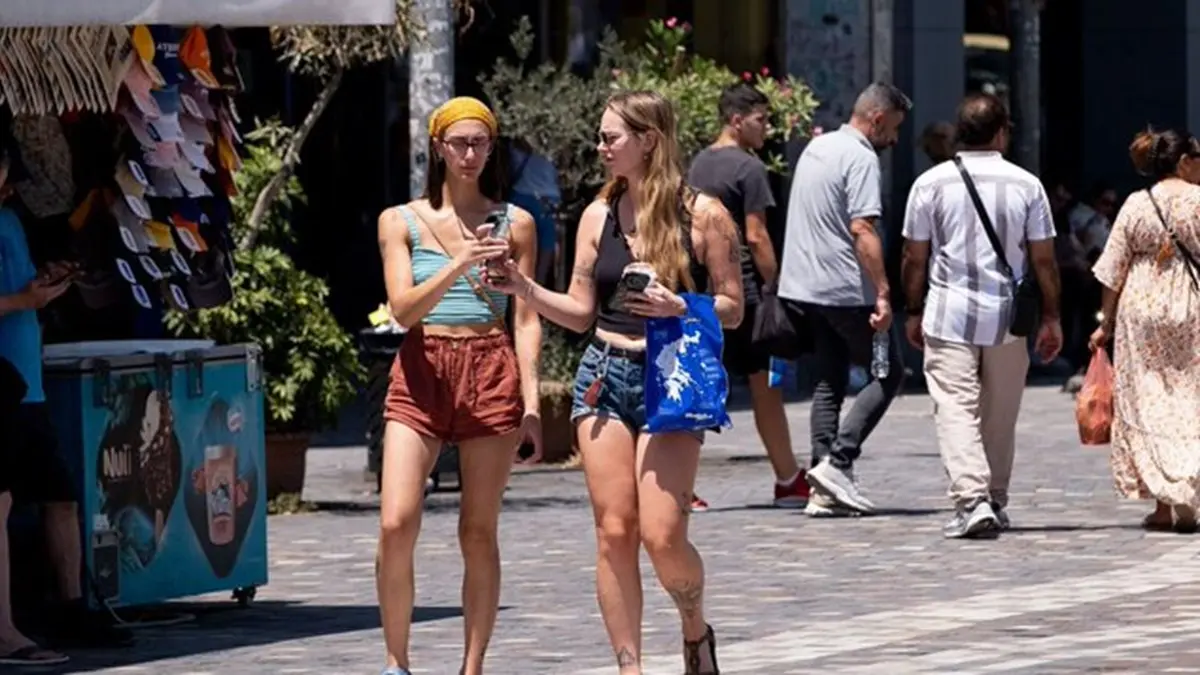Greece Faces Media Blackout as Journalists Strike

X/ @PRINgr
June 12, 2025 Hour: 7:40 am
Journalists demand a starting gross salary of 1,250 euros and additional pay for work performed on holidays and weekends.
On Thursday, Greece is experiencing its second media blackout in a week due to the fifth 24-hour strike called by the Panhellenic Federation of Journalists’ Unions (POESY) in less than four months, as journalists demand wage increases and public policies to support the sector.
RELATED:
Greece to Enforce Tougher Migration Laws and Speed Up Deportations
There will be no news broadcasts on television or radio throughout the day. Those time slots will be filled with documentaries and series. Additionally, there will be no print newspapers available on Friday.
The Union of Journalists of Digital Media is also participating in the strike, although some news websites have opted out and continue to publish content today. The walkout comes just a week after a similar 24-hour strike by media outlets last Thursday and marks the fifth journalists’ strike in less than four months.
“With the central demand being the signing of collective labor agreements, we are calling for an end to the stranglehold of individual labor contracts that have frozen wages,” POESY stated.
Journalists are demanding a starting gross salary of 1,250 euros across all media outlets and additional pay for work performed on holidays and weekends. Greece’s current minimum monthly wage stands at 880 euros.
The union emphasized that the private media sector in Greece has gone 17 years without signing collective labor agreements and is also calling for the inclusion of “institutional demands” in future agreements.
POESY is particularly advocating for the adoption of ethical principles in the media industry, the introduction of legislation to combat Strategic Lawsuits Against Public Participation (SLAPPs)—which are used to silence critical journalism—and the recognition of “fair compensation” for journalists’ copyright.
Media workers are also urging the government to support the print press to protect jobs and “put a stop” to excessive media concentration in the hands of a few business owners.
Finally, POESY is calling on employers to “come to the table for collective bargaining” to reach “mutually beneficial agreements for the health of the sector.”
The latest annual report by Reporters Without Borders (RSF) ranked Greece last among European Union countries for press freedom for the fourth year in a row, placing it 89th out of 180 countries evaluated worldwide.
Greece’s poor ranking is attributed, among other factors, to a 2022 wiretapping scandal involving politicians and journalists by the national intelligence service, which operates under the direct control of the office of Prime Minister Kyriakos Mitsotakis, a conservative.
teleSUR/ JF
Source: EFE






